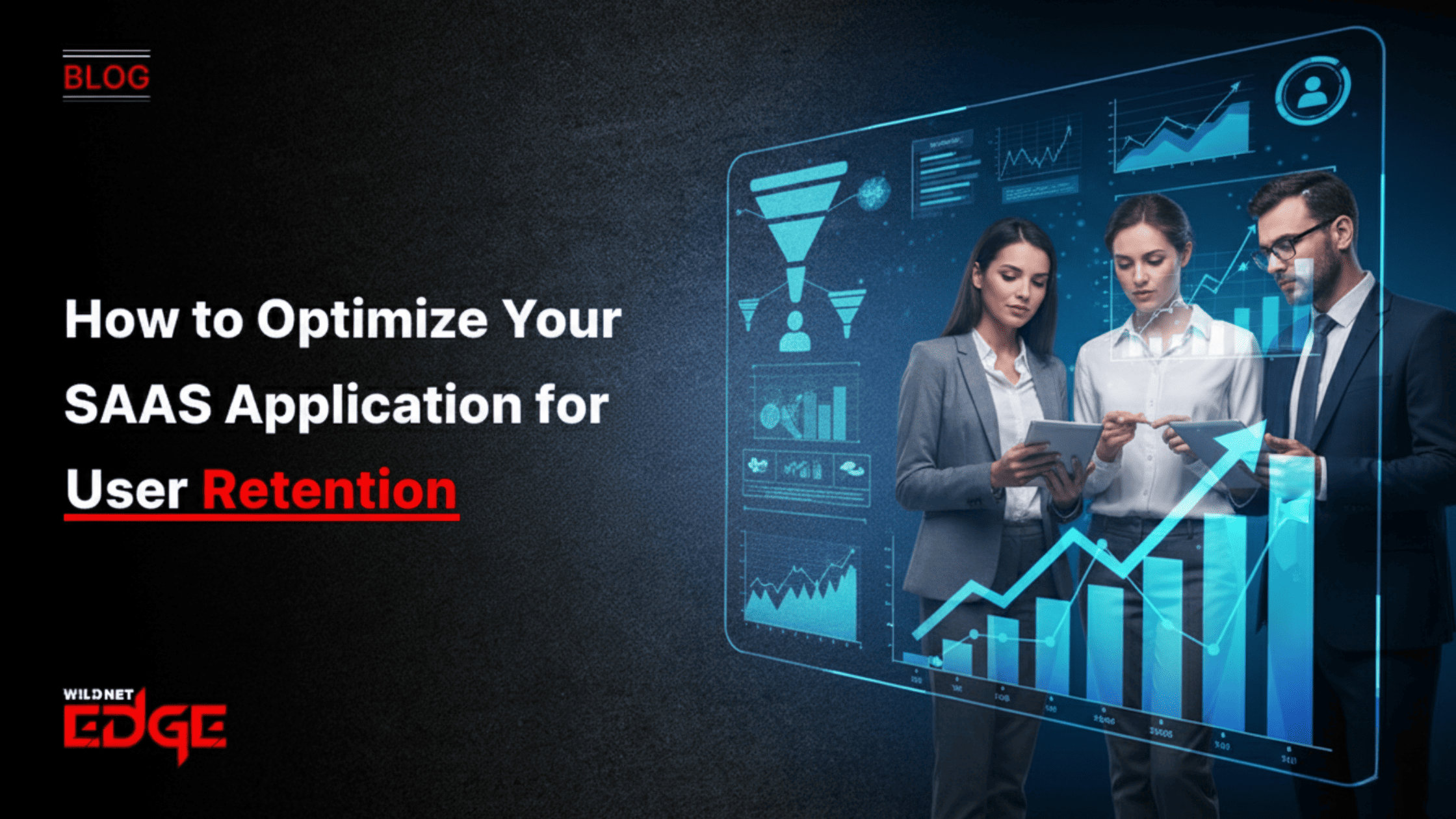In today’s digital landscape, understanding the b2c app development cost is crucial for businesses looking to engage directly with their customers. The financial aspects often define the scope and scalability of your project. In this guide, we’ll break down various components that influence B2C app development costs, ensuring you have a comprehensive understanding before embarking on this journey.
Factors Influencing B2C App Development Cost
Development Complexity and Features
The complexity of the features you wish to incorporate significantly impacts the b2c app charges. A simple app with basic functionalities will cost less than an app with advanced features like real-time chat, payment integration, and multifaceted user interfaces. Features that require substantial backend development or third-party integrations drive up development time and costs. Therefore, when planning your app, it’s essential to prioritize which features are indispensable to your target audience. Striking a balance between essential functionalities and user experience is key to managing your budget effectively.
Platform Choice: iOS vs. Android
The choice between developing for iOS or Android affects b2c pricing. Each platform has its unique set of development challenges and costs. Developing for iOS typically incurs higher initial costs due to sleek design standards and frequent app updates. However, iOS apps often yield higher returns due to a wealthier customer base. On the other hand, Android has a broader user base, making it beneficial for reaching a larger audience, but can require more resources to accommodate the wide variety of devices. The choice of platform should align with your target audience and overall business strategy to optimize your b2c app development cost.
App Design and User Experience
Design intricacies contribute significantly to overall b2c app development cost. A user-friendly interface and engaging design enhance user satisfaction and retention, making them crucial for the app’s success. High-quality designs typically involve better graphics, animations, and easy navigation, which require skilled designers. Investing in robust design from the outset can save costs down the line by minimizing user complaints and ensuring smoother app functionality. Balancing aesthetics with usability is pivotal in determining your overall budget.
Understanding B2C Pricing Models
Fixed Price vs. Time and Materials
Different pricing models can greatly affect the b2c app development cost. The fixed-price model offers a set rate for the entire project, providing clarity but possibly limiting flexibility. It works well for well-defined projects with specific requirements. Conversely, the time and materials model allows for more adaptability, charging based on the actual time and resources used. This model can lead to higher costs if project scope changes frequently. Your choice between these models should reflect your budget constraints and how you perceive project risks.
Subscription-Based Pricing
The subscription model has gained traction in the tech landscape, making it a vital consideration for customer marketplace budget. This model allows consumers to access your app or services for a recurring fee, providing a steady revenue stream. However, it also requires continuous updates, customer support, and feature enhancements to keep users subscribed. This ongoing expense must be factored into your overall budgeting for the app.
Value-Based Pricing
Perceived value plays a crucial role in determining b2c pricing. If users believe that your app solves significant problems or provides unique benefits, they are more likely to pay a premium. Establishing a value-based pricing strategy requires a keen understanding of your target market’s needs and expectations. This can lead to better long-term profitability as customers become willing to pay for features they find beneficial.
Estimating Your B2C App Charges
Initial Consultation and Planning
The initial stages of app development are critical in estimating your b2c app charges. During this phase, you will outline your app’s purpose, features, and overall strategy. Engaging with a professional team to define these parameters can help create a clearer project scope and budget. Understanding these preliminary costs is essential for ensuring that you allocate sufficient funds before entering the development phase.
Development Stage Costs
Costs incurred during the development phase reflect significant portions of your b2c app charges. This includes hiring developers, purchasing necessary software tools, and managing project timelines. Development team rates can vary based on expertise and location. A well-structured development phase is essential to keep costs within budget and maintain quality.
Post-Launch Support and Maintenance Costs
After your app launches, ongoing costs related to maintenance are a vital aspect of the b2c app development cost. Regular updates, bug fixing, and customer support add to long-term expenses. These costs can accumulate significantly, especially if your app experiences a rapid increase in user volume. Continuous investment in maintenance ensures that your app remains competitive and keeps your users engaged.
Hiring the Right Team for Your B2C App Development
Finding a Reliable B2C App Development Company
Selecting the right B2C App development company is crucial for your project’s success. Look for companies with a proven track record in developing B2C applications. Assess their portfolios and client testimonials to gauge their expertise. A reliable partner will understand the nuances of your market and guide you in optimizing both your budget and the app’s functionality.
Cost of Hiring a B2C App Developer
The costs associated with the hiring process, specifically the hire b2c app developer aspect, can vary widely. Factors like the developer’s experience, location, and skill set play significant roles in determining salaries and hourly rates. Outsourcing to regions with lower labor costs can reduce expenses, but it’s essential to ensure that quality standards are not compromised.
Building an In-House vs. Outsourcing Team
When deciding between an in-house team versus outsourcing to a B2C App development company, weigh the pros and cons carefully. An in-house team provides more control and better alignment with company culture, while outsourcing can be cost-effective, allowing you to leverage specialized skills without the overhead of hiring permanent staff. This decision should be based on your project’s scale, timeline, and budget.
Real-World Examples of B2C App Development Cost
Case Studies of Successful B2C Apps
Analyzing existing apps can illustrate b2c app development cost in action. For instance, popular applications like Uber and Airbnb initially required substantial investments to develop. Their success demonstrates that with proper budgeting and resources allocated wisely, the potential for profitability in the B2C landscape is significant.
Budgeting for a Minimum Viable Product (MVP)
Creating a Minimum Viable Product (MVP) is a strategic approach to budget considerations within your customer marketplace budget. An MVP allows you to validate your ideas with core features while minimizing initial spending. This approach ensures that you engage with users early, gathering feedback that will inform future development without overspending on unnecessary features.
Long-Term Growth and ROI (Return on Investment)
The relationship between initial costs and long-term gains significantly impacts b2c app charges. While the upfront investment may be substantial, a well-executed app can yield high returns over time. Monitoring user engagement and adjusting features based on customer feedback can enhance your app’s performance and profitability, turning initial costs into solid revenue.
Conclusion
The b2c app development cost varies significantly based on multiple factors, including development complexity, platform choice, and design. By understanding these elements and leveraging the expertise of a trusted partner like Wildnet Edge, businesses can make informed decisions. Investing in quality development is crucial for long-term success in the competitive B2C landscape.
FAQs
The average b2c app development cost ranges from $50,000 to $300,000, depending on the app features and complexity.
To lower b2c app charges, consider prioritizing essential features and opting for a phased launch.
You can find a hire b2c app developer through online platforms or by partnering with a B2C App development company.
Your customer marketplace budget influences the quality of the app, the level of expertise required, and the overall development scope.
B2C pricing models depend on market demand, competitor pricing, and the value provided to users.

Managing Director (MD) Nitin Agarwal is a veteran in custom software development. He is fascinated by how software can turn ideas into real-world solutions. With extensive experience designing scalable and efficient systems, he focuses on creating software that delivers tangible results. Nitin enjoys exploring emerging technologies, taking on challenging projects, and mentoring teams to bring ideas to life. He believes that good software is not just about code; it’s about understanding problems and creating value for users. For him, great software combines thoughtful design, clever engineering, and a clear understanding of the problems it’s meant to solve.
 sales@wildnetedge.com
sales@wildnetedge.com +1 (212) 901 8616
+1 (212) 901 8616 +1 (437) 225-7733
+1 (437) 225-7733















 ChatGPT Development & Enablement
ChatGPT Development & Enablement Hire AI & ChatGPT Experts
Hire AI & ChatGPT Experts ChatGPT Apps by Industry
ChatGPT Apps by Industry ChatGPT Blog
ChatGPT Blog ChatGPT Case study
ChatGPT Case study AI Development Services
AI Development Services Industry AI Solutions
Industry AI Solutions AI Consulting & Research
AI Consulting & Research Automation & Intelligence
Automation & Intelligence













